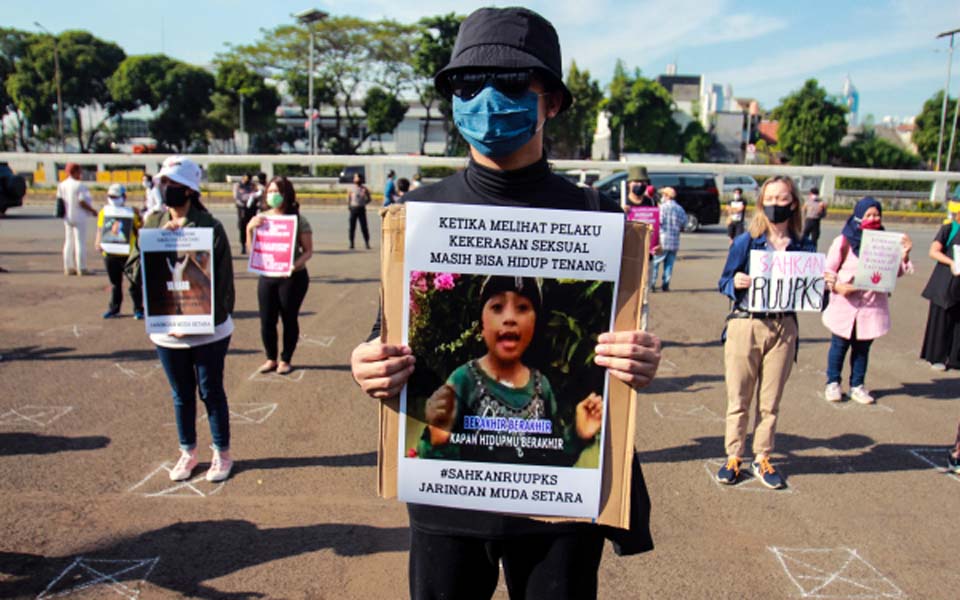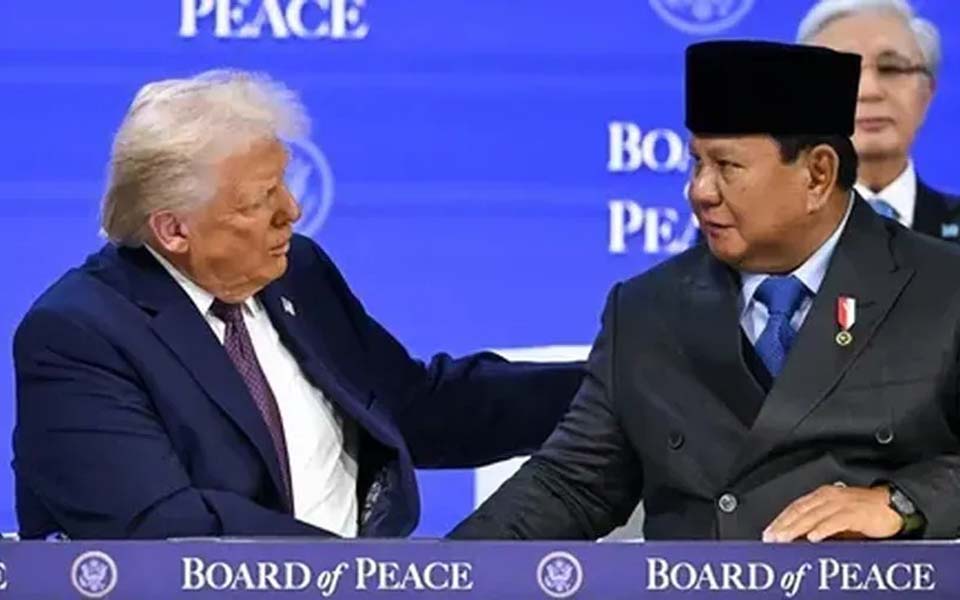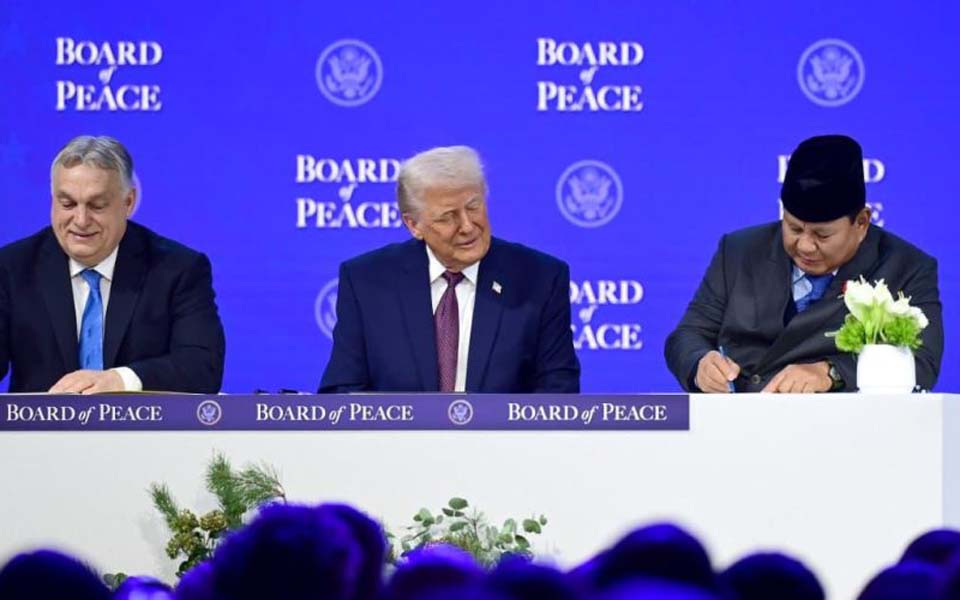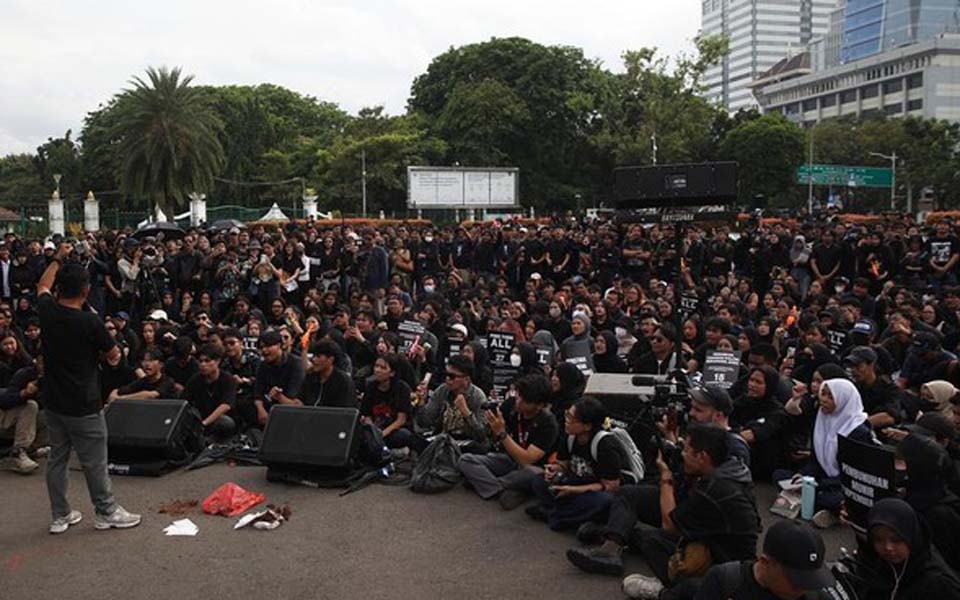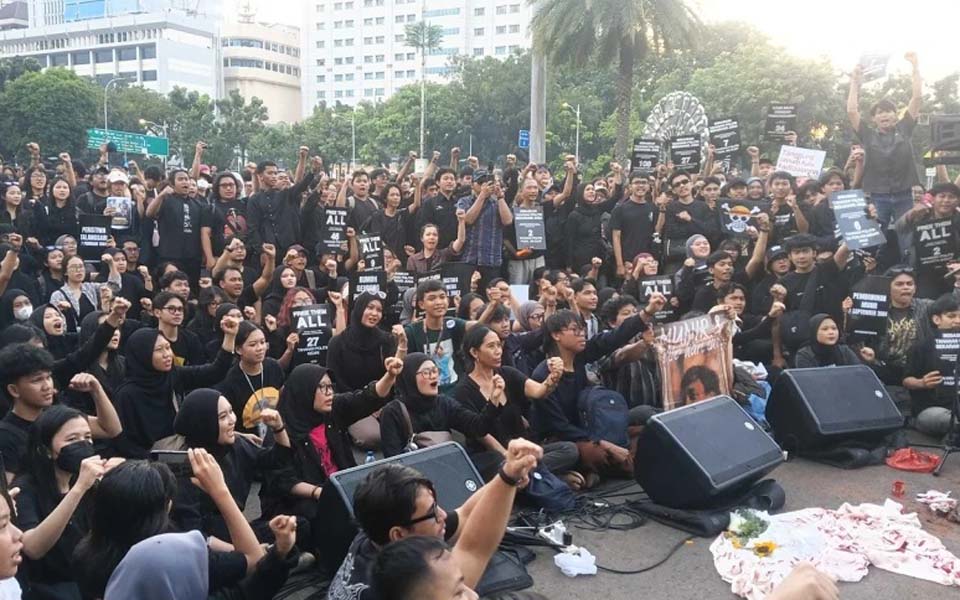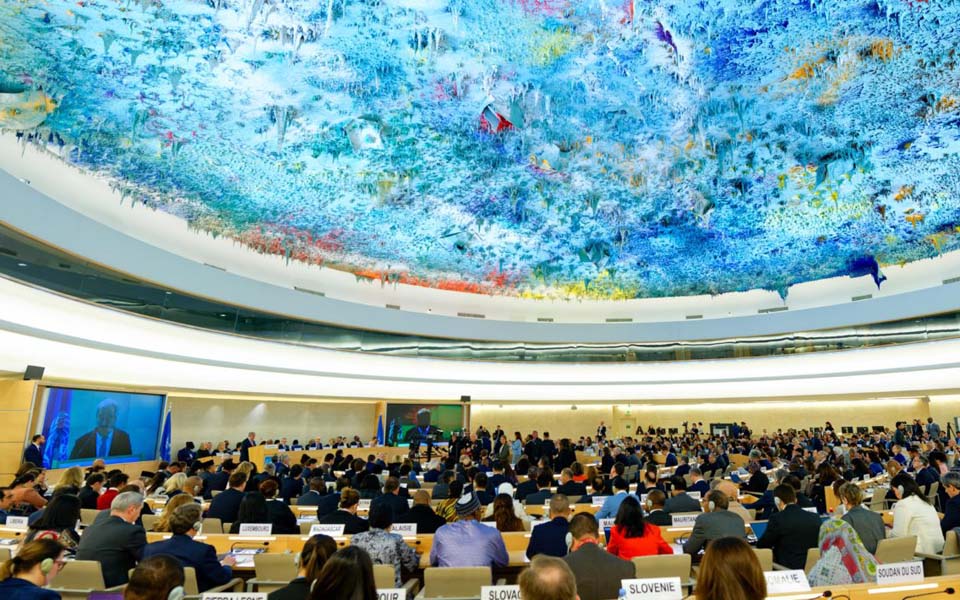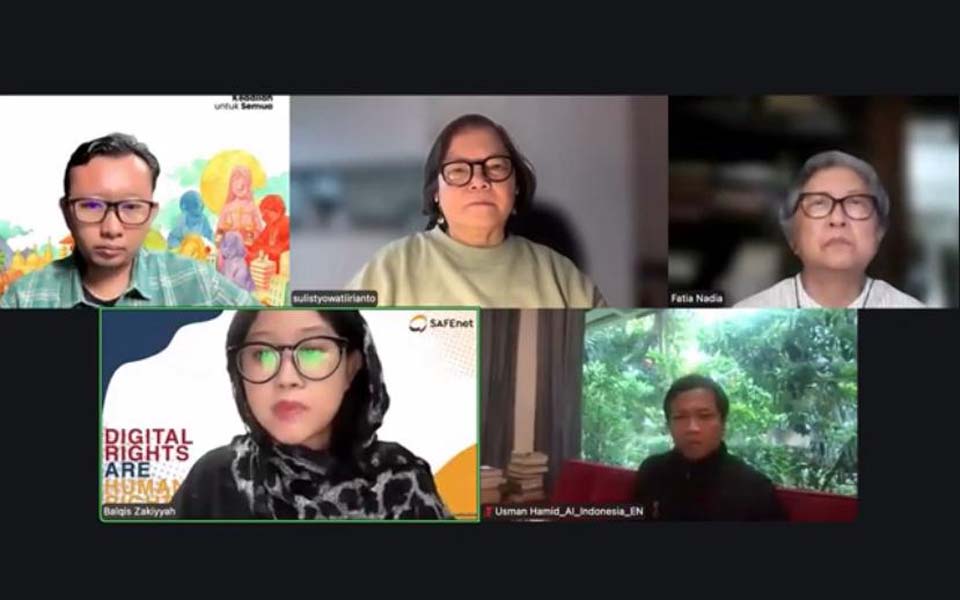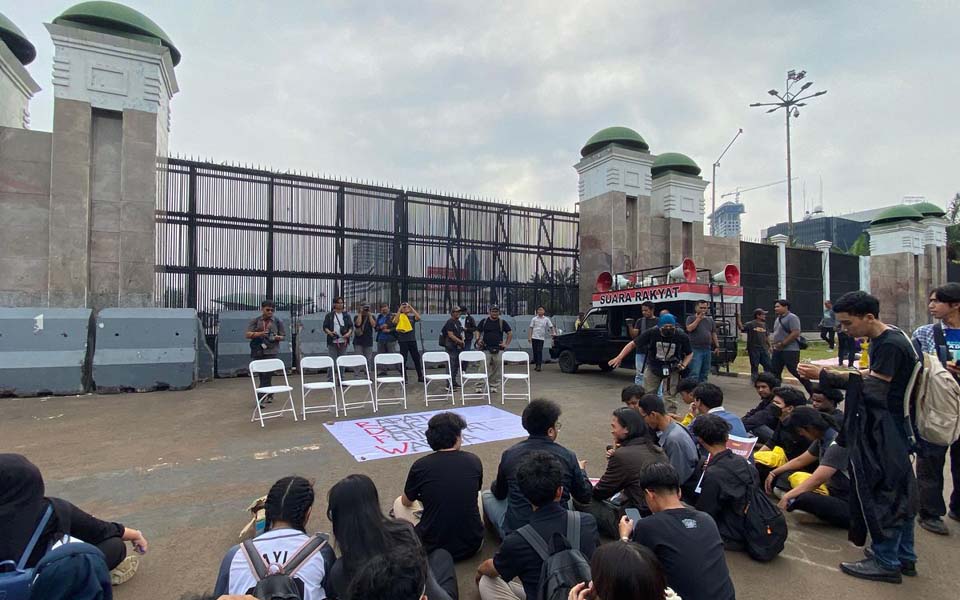Irfan Kamil, Jakarta – Amnesty International Indonesia Media and Campaign Manager Nurina Savitri has highlighted Government Regulation Number 70/2020 which was recently signed by President Joko "Jokowi" Widodo.
The regulation contains the procedures for implementing chemical castration for perpetrators of sexual violence against children.
Savitri says that although sexual violence against children is a horrific crime, punishing perpetrators with chemical castration will only worsen the enormity of the crime.
"Forced chemical castration violates the absolute prohibition on torture, actions or punishments which are cruel, inhuman and degrading to human dignity under international human rights laws", said Savitri in a press release received by Kompas.com on Monday January 4.
"Aside from this, there is no evidence that the threat of chemical castration is effective in preventing acts of sexual violence against children", she said.
Savitri is of the view that since the government regulation in lieu of law (Perppu) which allowed for chemical castration was issued by Widodo and then ratified into law by the House of Representatives in 2016, cases of sexual violence against children has not in fact declined.
Based on data from the Witness and Victim Protection Agency (LPSK), said Savitri, there were at least 350 cases of sexual violence against children in 2019. This, she said, is higher than the 25 cases recorded in 2016.
Because of this, Amnesty International is urging the government to revoke the amendments to the law which allow for chemical castration.
Amnesty hopes that the government will instead focus on real efforts to prevent and deal with sexual crimes such as by enacting the Draft Law on the Elimination of Sexual Violence (RUU PKS).
Moreover, said Savitri, Indonesia has ratified the United Nations Convention against Torture and Other Cruel, Inhuman or Degrading Treatment or Punishment (UNCAT). In addition to this, there is also the International Convention on Civil and Political Rights (ICCPR).
"The prohibition on torture is also regulated under constitutional law. Torture and other cruel punishments are also strictly prohibited according to international law", said Savitri.
The regulation, which was signed by President Widodo on December 7, is a derivative regulation based on Article 81A Paragraph 4 and Article 82A Paragraph 3 of Law Number 17/2016 on Child Protection.
Under Article 2 Paragraph 1 of the government regulation, perpetrators who have sexual intercourse with children and have been convicted by a court of law are subject to chemical castration, being fitted with a tracking bracelet and rehabilitation.
Article 2 Paragraph 2 meanwhile states that perpetrators of obscene acts against children who have been found guilty by a court are subject to being fitted with an electronic tracking bracelet and rehabilitation.
[Abridged translation by James Balowski. The second part of the article which was not translated was a detailed description of specific articles in the regulation. The original title of the article was "Amnesty Nilai Kebiri Kimia Hukuman yang Tak Efektif".]





